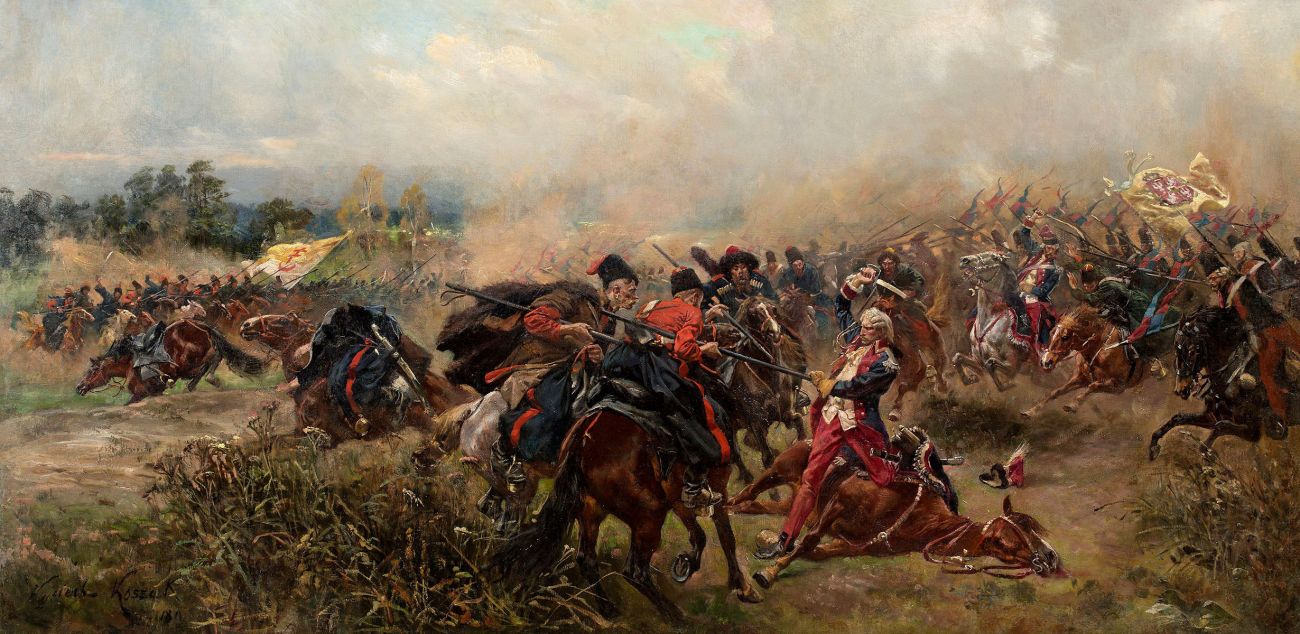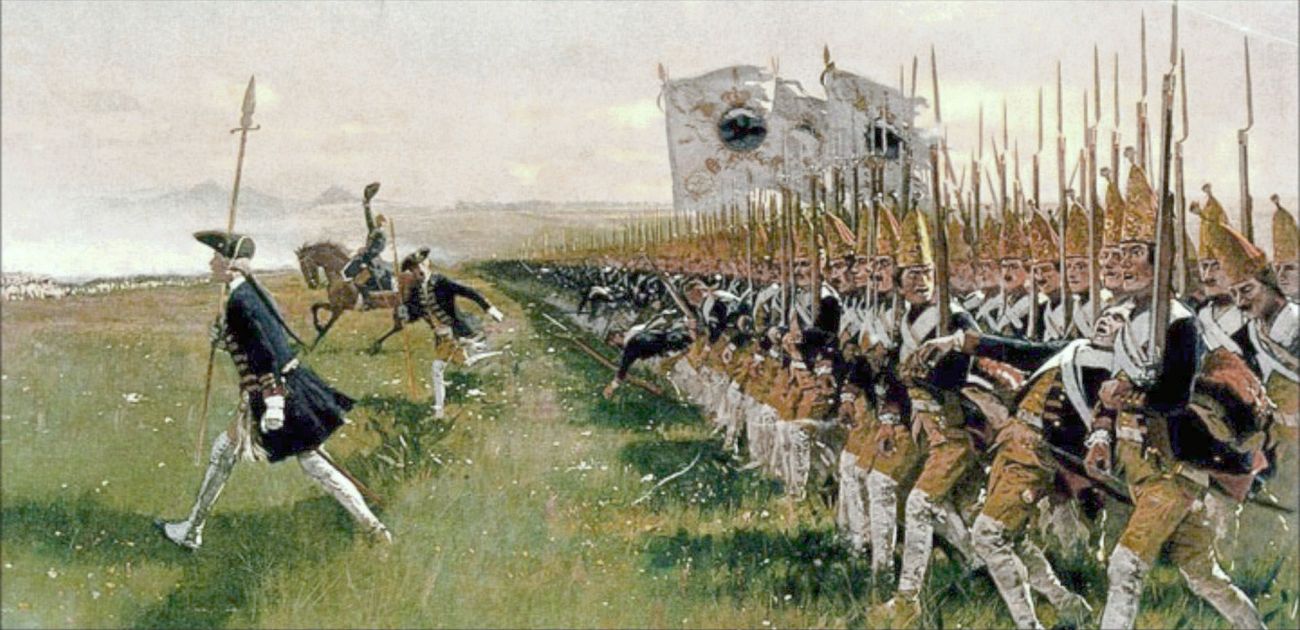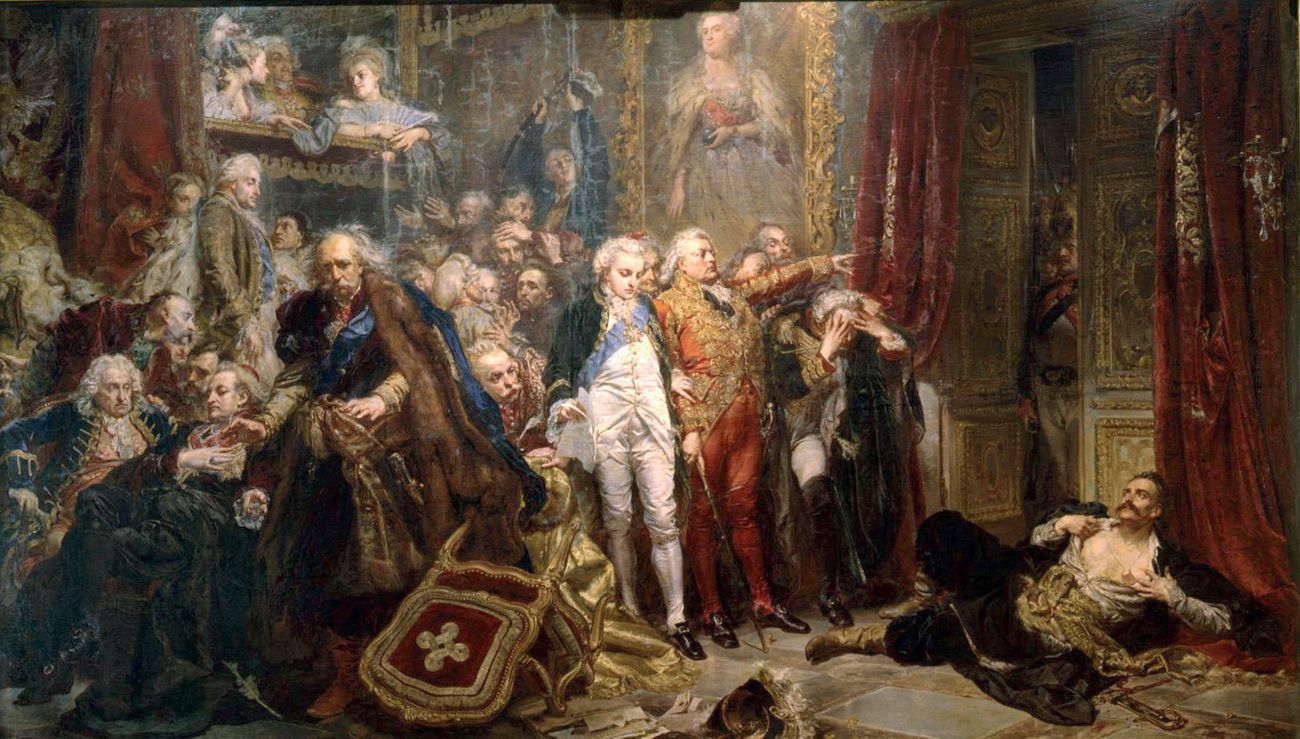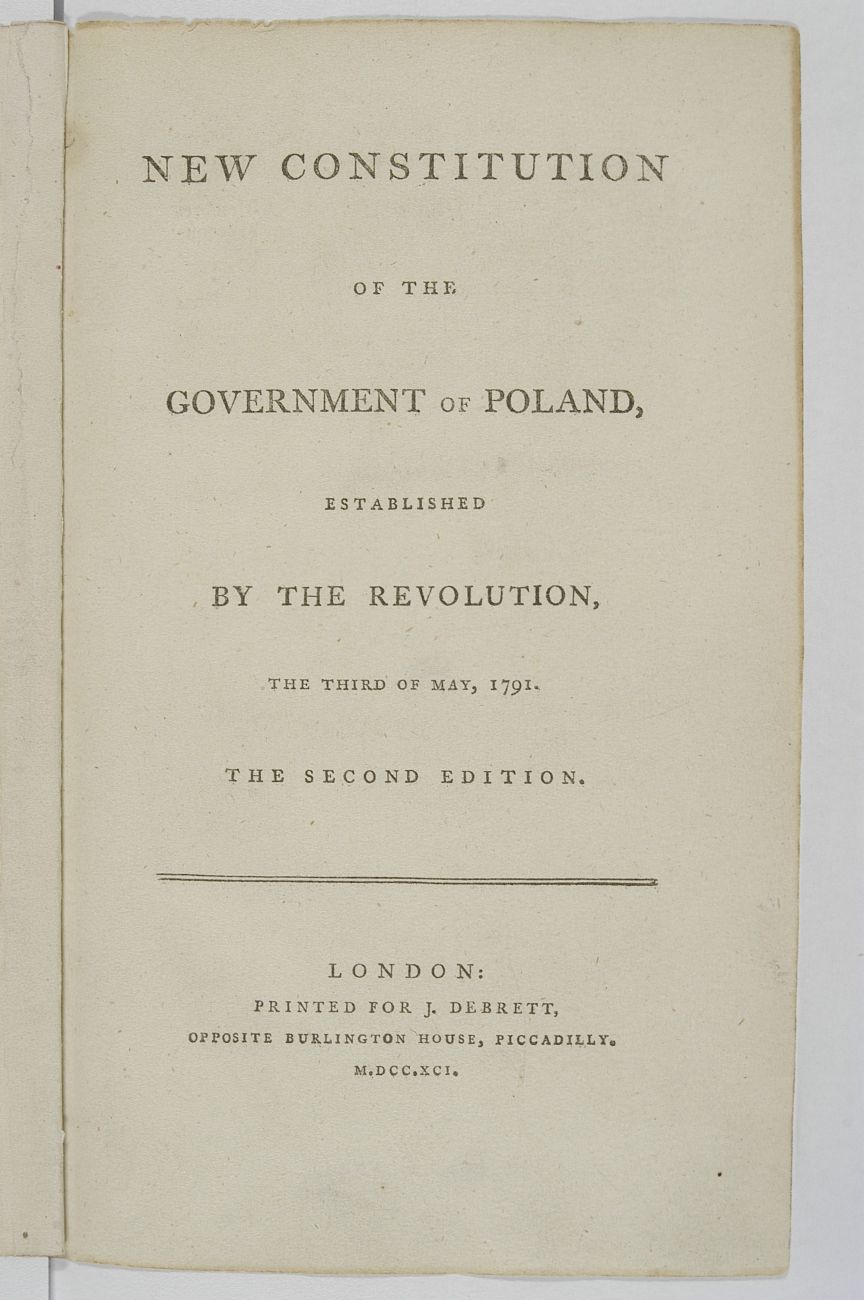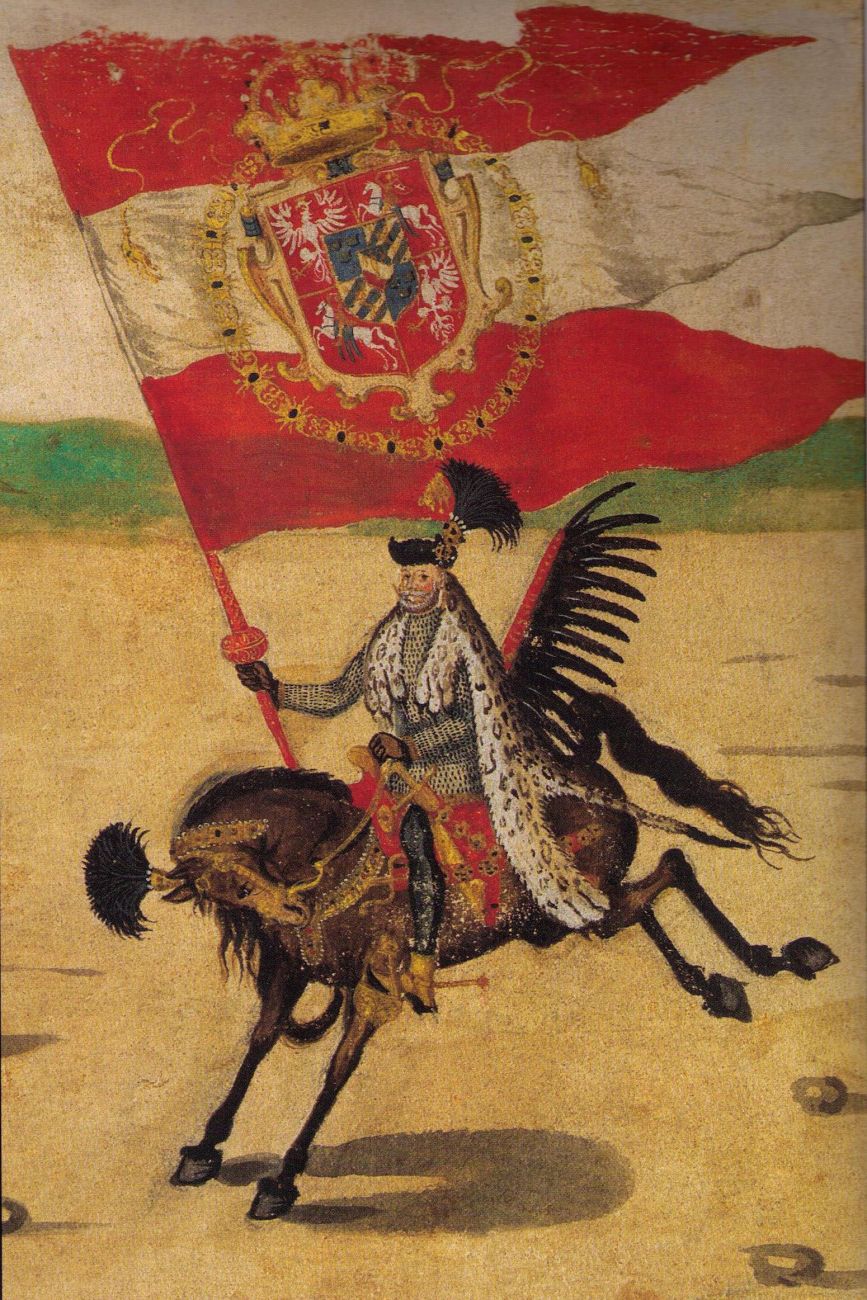
1569 -1795 Polish Lithuanian Commonwealth
The Jagiellonian dynasty ended when King Zygmunt II August died without an heir in 1572. Zygmunt’s chief legacy was the Polish-Lithuanian Commonwealth, the Republic of Two Nations, which had been created through the Union of Lublin in 1569. Instead of establishing a new dynasty for the country, Poland’s leaders in the nobility made a different, though fateful, move. They decided to elect their kings and to limit their powers. Ten kings were elected between 1574 and 1764; most were ineffective. The parliament, dominated by the country’s most powerful families, became supreme. In time this extraordinary decision, coupled with the infamous liberum veto, would have unforeseen and disastrous consequences.
